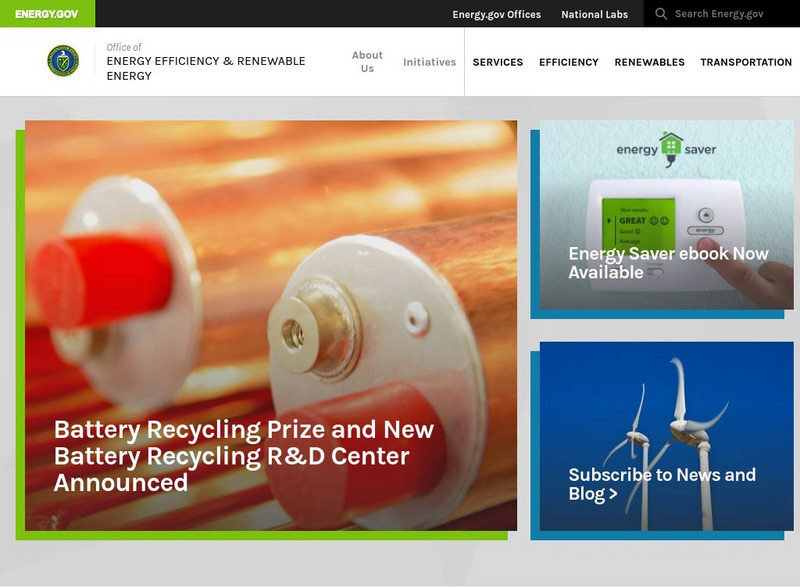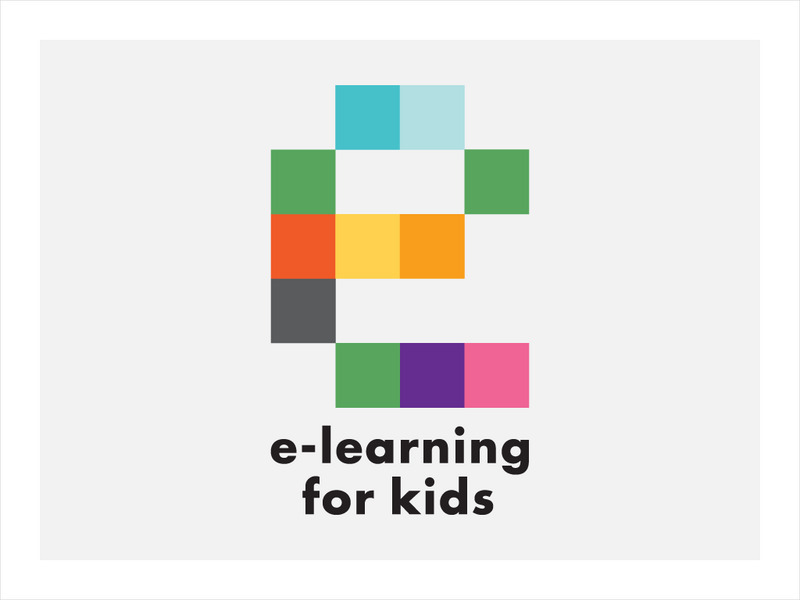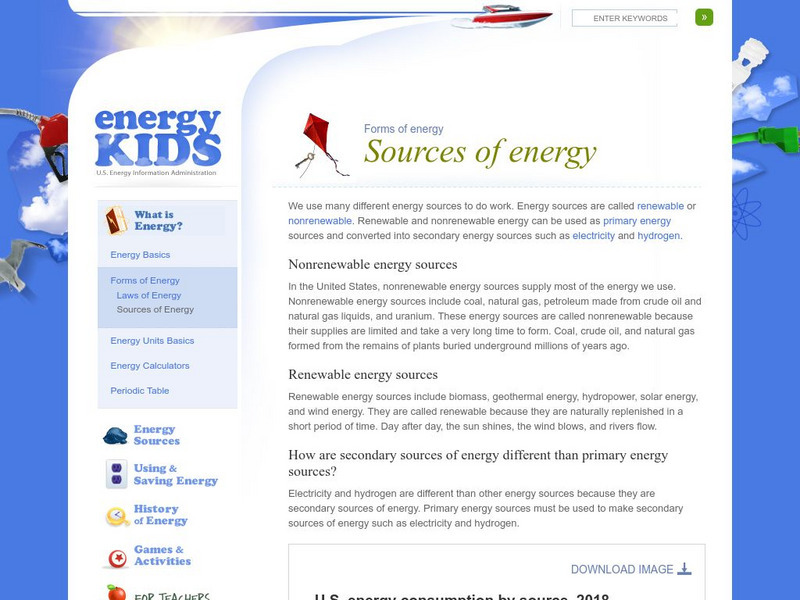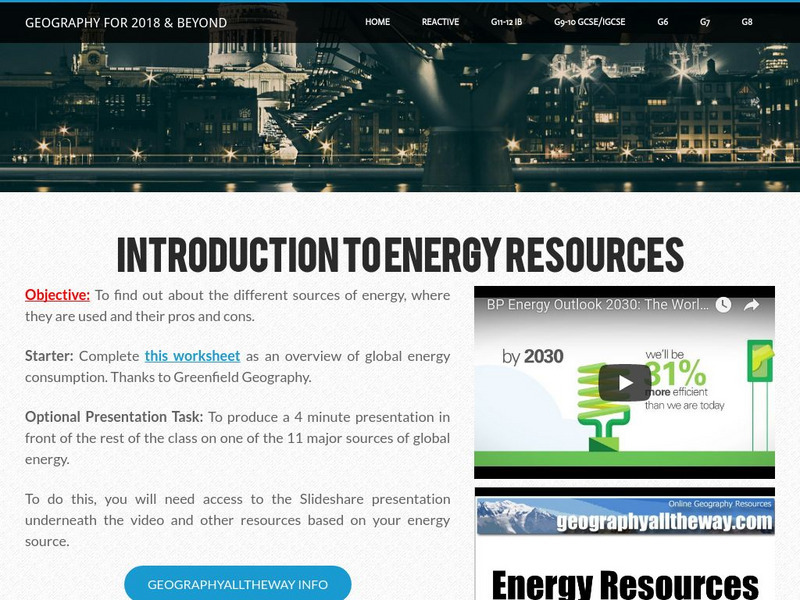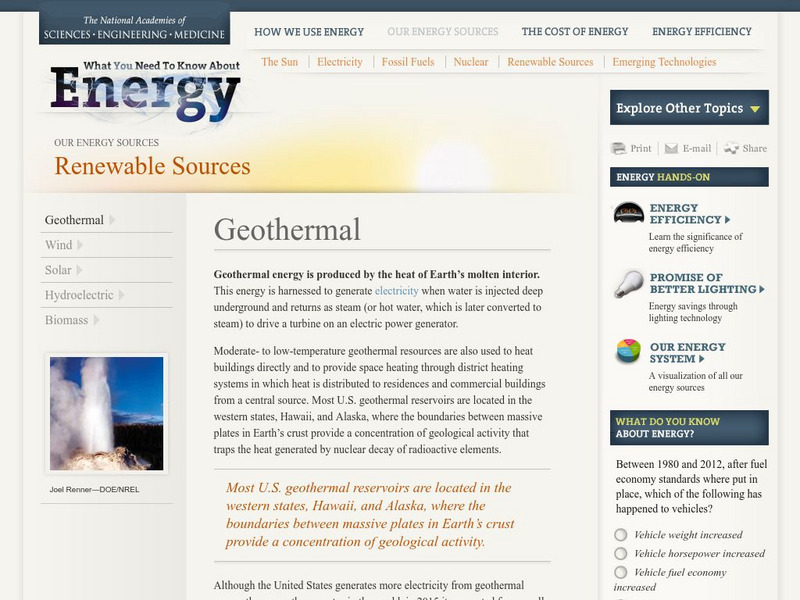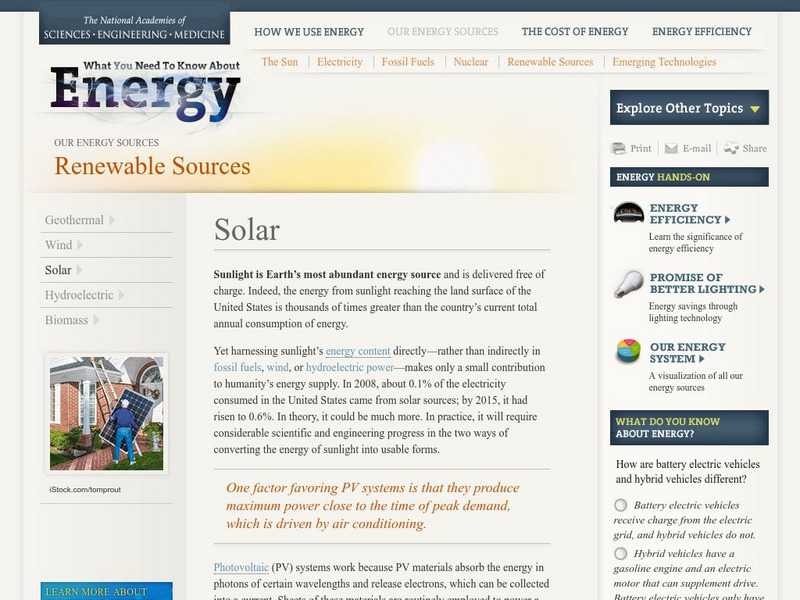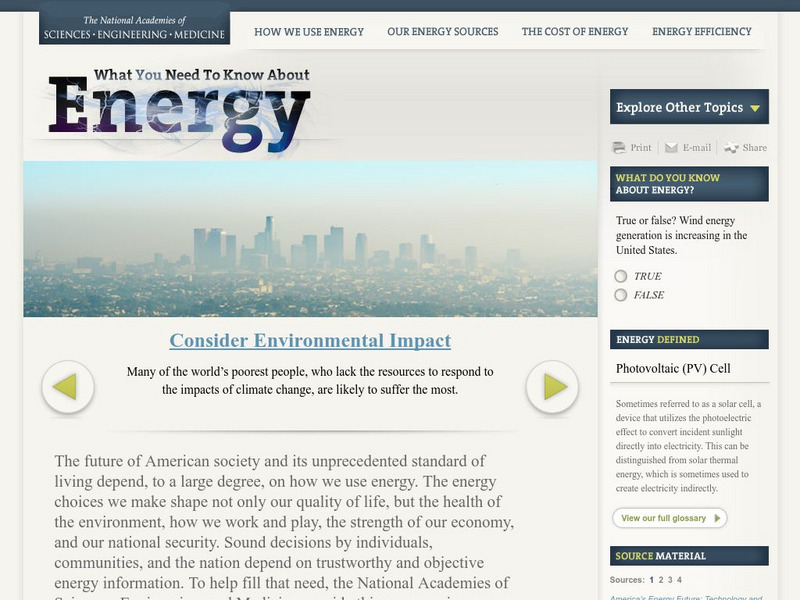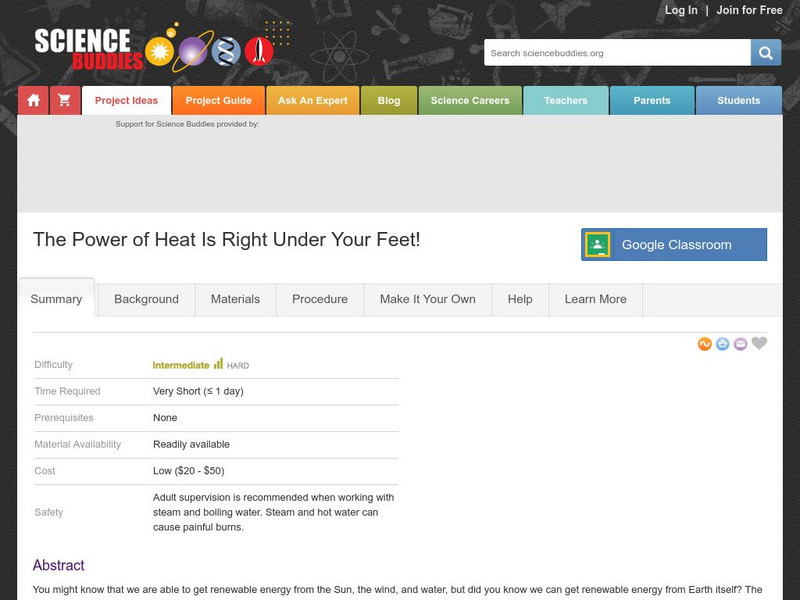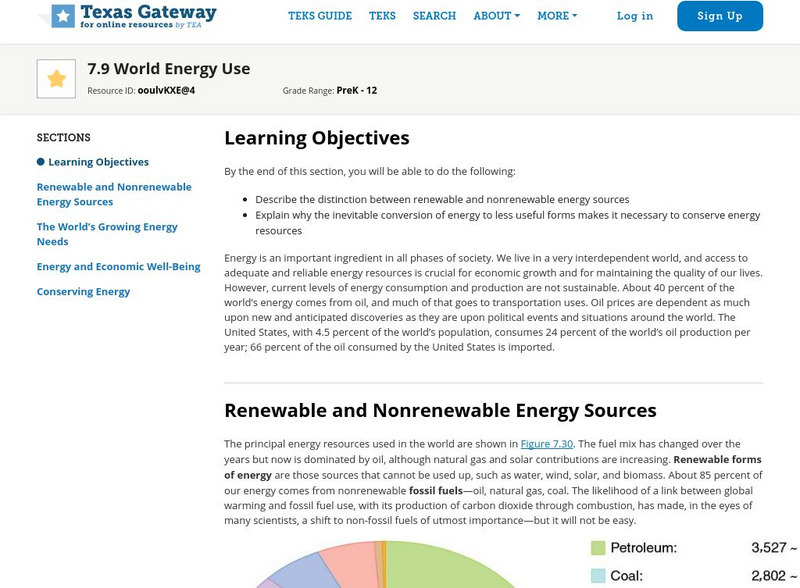Hi, what do you want to do?
US Energy Information Administration
U.s. Eia Energy Kids: What Is Energy: Forms of Energy
Government energy information site provides users with an understanding of what energy is, the forms of energy, energy efficiency, sources of energy as well as the Law of Conservation of Energy.
The Franklin Institute
Franklin Institute: The Case Files: History of Energy
An early history and biographies of the most prominent scientists involved in developing the main sources of energy used in the twentieth century.
US Department of Energy
U.s. Department of Energy: Energy Efficiency and Renewable Energy
Access to information, policy initiatives, advice, and analysis on issues of energy efficiency and renewable energy, from the U.S. Department of Energy. Its network is responsible for tracking the technological, economic, and...
E-learning for Kids
E Learning for Kids: Science: Antilles: What Are the Different Forms of Energy?
Students will learn about the different types and sources of energy, including heat and light, electrical, potential, and kinetic energy.
US Department of Energy
U.s. Dept. Of Energy: Geothermal Energy [Pdf]
A thorough overview of geothermal energy followed by directions for science fair projects including a glossary, standards, and a rubric.
Other
British Nutrition Foundation: Food a Fact of Life (11 14): Energy and Nutrients
Students learn about the energy and nutrient requirements of humans in this comprehensive tutorial. They will look at dietary sources of energy, what the human body needs, changes in those needs during life's stages, the energy required...
PBS
Pbs Learning Media: Sources of Radiation
This interactive activity from the NOVA: "Dirty Bomb" Web site explores sources of radiation, both harmful and beneficial, natural and manmade.
US Department of Energy
U.s. Department of Energy: Energy Sources: Solar
The U.S. Department of Energy provides links pertaining to solar energy. Understand the current technologies and issues with this resource.
US Energy Information Administration
U.s. Eia Energy Kids: Forms of Energy: Sources
Article explains what is meant by renewable and nonrenewable sources of energy.
National Academies of Sciences, Engineering, and Medicine
The National Academies: Our Energy Sources
The many sources of energy production in the United States are described in this overview. Included are traditional sources, renewable sources, and new energy production technologies.
National Geographic
National Geographic: The Right Balance: Mixing Energy Resources
In this lesson, students look at profiles of energy production for different regions of the United States. They examine the conversion efficiency and the carbon dioxide emissions of each type of energy, and then the environmental impact...
Annenberg Foundation
Annenberg Learner: Science in Focus Energy: What Is Energy?
A video workshop looking at the concept of energy. Discussions include energy as it is used in everyday language to the complex scientific meaning of energy. Presents common student misconceptions, history, and the importance of energy...
National Academies of Sciences, Engineering, and Medicine
The National Academies: What You Need to Know About Energy
This very comprehensive site aims to provide the latest, most accurate information available about energy, its consumption, sources of energy, alternative energy, impact on the environment, and conservation. One section focuses on the...
Geographypods
Geographypods: Theme 3: Economic Development: Energy Systems
This learning module looks at human-made systems of energy, covering different types of energy and power stations. Includes handouts, slideshows, maps, activities, photographs, an interactive animation, and videos.
National Academies of Sciences, Engineering, and Medicine
The National Academies: Renewable Sources: Geothermal
Geothermal energy is being used today on a small scale but is an appealing alternative to other sources of energy as it has little impact on the environment. This source of energy and how we are harnessing it are described here.
National Academies of Sciences, Engineering, and Medicine
The National Academies: Renewable Sources: Solar
Solar energy is an appealing alternative to conventional sources of energy because it produces no greenhouse gases. An overview of its advantages and disadvantages is presented here.
Chiral Publishing
Chiral Publishing: An Introduction to Chemistry: Nuclear Energy: Study Guide [Pdf]
This chapter study guide about nuclear energy allows viewers to discover the main points of nuclear energy. Learn how to write nuclear equations, draw nuclide symbols, learn how nuclear energy is a major source of energy worldwide.
National Academies of Sciences, Engineering, and Medicine
The National Academies: Our Energy Sources: Nuclear Energy
Nuclear fission energy accounts for a large portion of energy production worldwide. New plants will use improved technologies. There is also research underway to explore how to harness the energy produced from nuclear fusion, but this...
National Academies of Sciences, Engineering, and Medicine
The National Academies: Our Energy System
This interactive presents the many sources of energy in the United States, showing in a flow chart how much of each type of energy is used. Pop-up windows provide more information at the different branches in the chart.
Science Buddies
Science Buddies: The Power of Heat Is Right Under Your Feet!
You might know that we are able to get free energy from the Sun, the wind, and water, but we can also get free energy from Earth itself. This source of energy is called geothermal energy and it is all about taking advantage of the heat...
National Geographic
National Geographic: Evaluating Other Energy Sources
A comprehensive lesson where students examine the different costs and benefits associated with renewable and nonrenewable sources of electricity. Includes a 22-question interactive module where they look at real-world data and images...
Texas Education Agency
Texas Gateway: Ap Physics: World Energy Use
By the end of this section, you will be able to describe the distinction between renewable and nonrenewable energy sources and to explain why the inevitable conversion of energy to less useful forms makes it necessary to conserve energy...
Nobel Media AB
The Nobel Prize: Energy From Matter
The history of energy being transformed from matter is provided at this site. The information starts at Einstein's formula, then discussions fusion, future energy sources, fission, and nuclear reactors.
Other
American Coal Foundation: The United States of Energy
Help students learn about coal and its role in energy and electricity. The United States of Energy is a complete classroom program that allows students to learn about the many energy sources that power the United States and includes...
Other popular searches
- Types of Energy Sources
- Alternate Sources of Energy
- Renewable Sources of Energy
- Alternative Sources of Energy
- Future Sources of Energy







